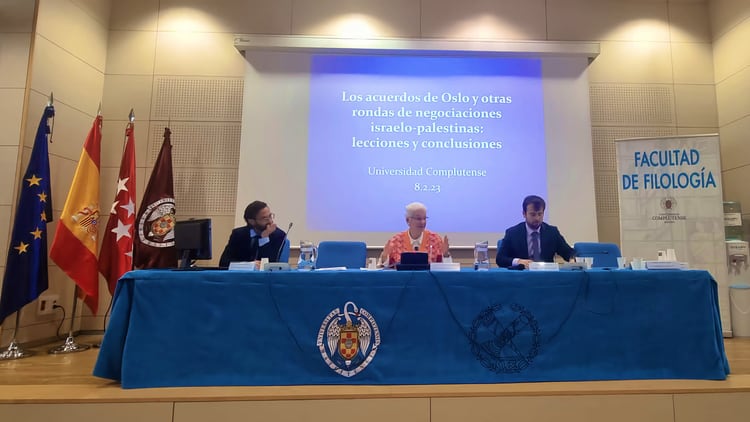The Diplomat
The Council of Ministers approved on Tuesday the signature ad referendum of the treaties with Nigeria on judicial cooperation in criminal matters, extradition and transfer of sentenced persons, while authorizing their referral to the Parliament and Spain’s consent to be bound by said treaties.
The three treaties (mutual legal assistance in criminal matters, extradition and transfer of sentenced persons) are “the result of the desire of both countries to strengthen their ties and to regulate relations” in these three areas, according to the Government. In both criminal legal assistance and extradition matters, ties between the two countries have so far been governed by the principle of international reciprocity.
Initial proposals on these three treaties were submitted by Spain in July 2019, following which the two countries exchanged substantive comments regarding these initial proposals. Initially, it was intended that the signing of the three treaties would take place during the visit made last June to Spain by the President of Nigeria, Muhammadu Buhari. However, due to the lack of sufficient time to obtain prior authorization from the Council of Ministers, Spain proposed the signature ad referendum of the three texts, which took place in Madrid on June 1 in the presence of the Nigerian president. The Council of State has stipulated that the consent of the State to be bound by these treaties requires the prior authorization of the Parliament.
The first treaty regulates, in general, the provision of mutual legal assistance in criminal proceedings taking place in either of the two countries, establishing the modalities of such assistance and the peculiarities of its procedure.
The extradition treaty also aims to establish an instrument of international legal cooperation in criminal matters to facilitate the surrender of fugitives between the two countries and to avoid any hint of impunity that may exist, especially in cases of organized crime and cross-border crimes.
Finally, the objectives of the agreement on the transfer of sentenced persons are to establish an instrument of international legal cooperation, to facilitate the serving of custodial sentences imposed abroad in the convicted person’s country of nationality, to combat the social uprooting caused by internment in a country other than the country of origin and to promote integration.







